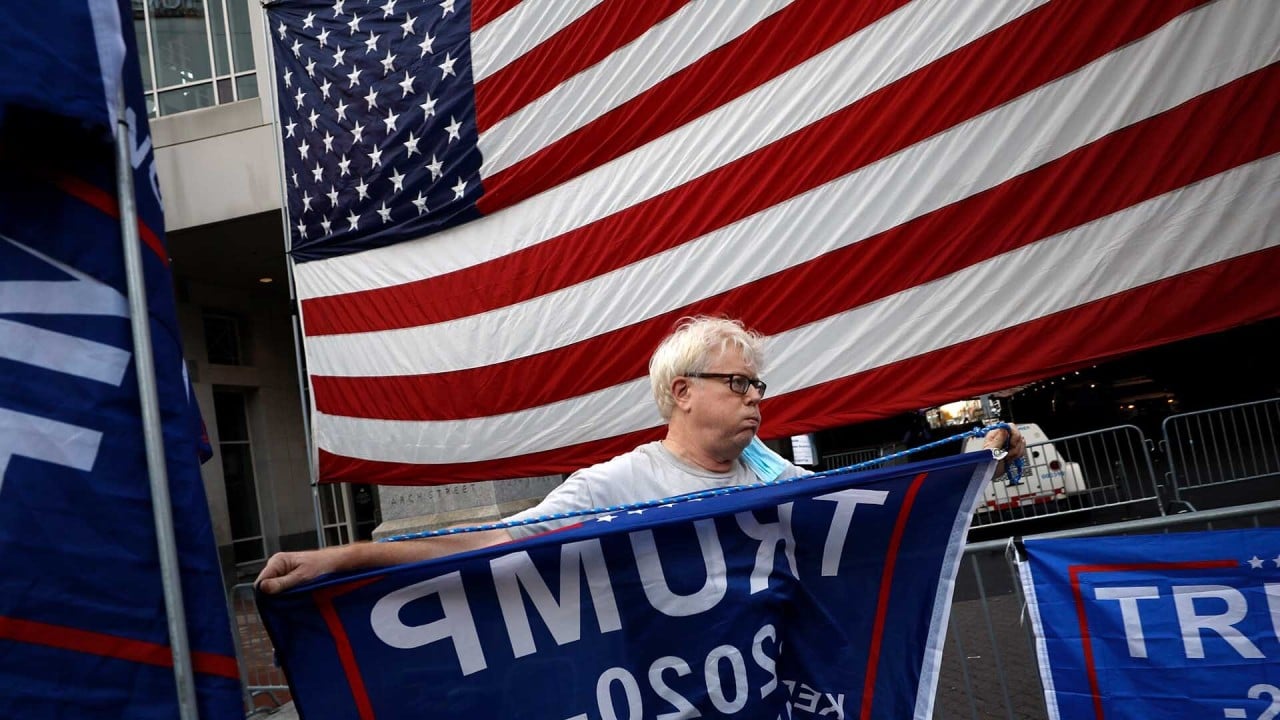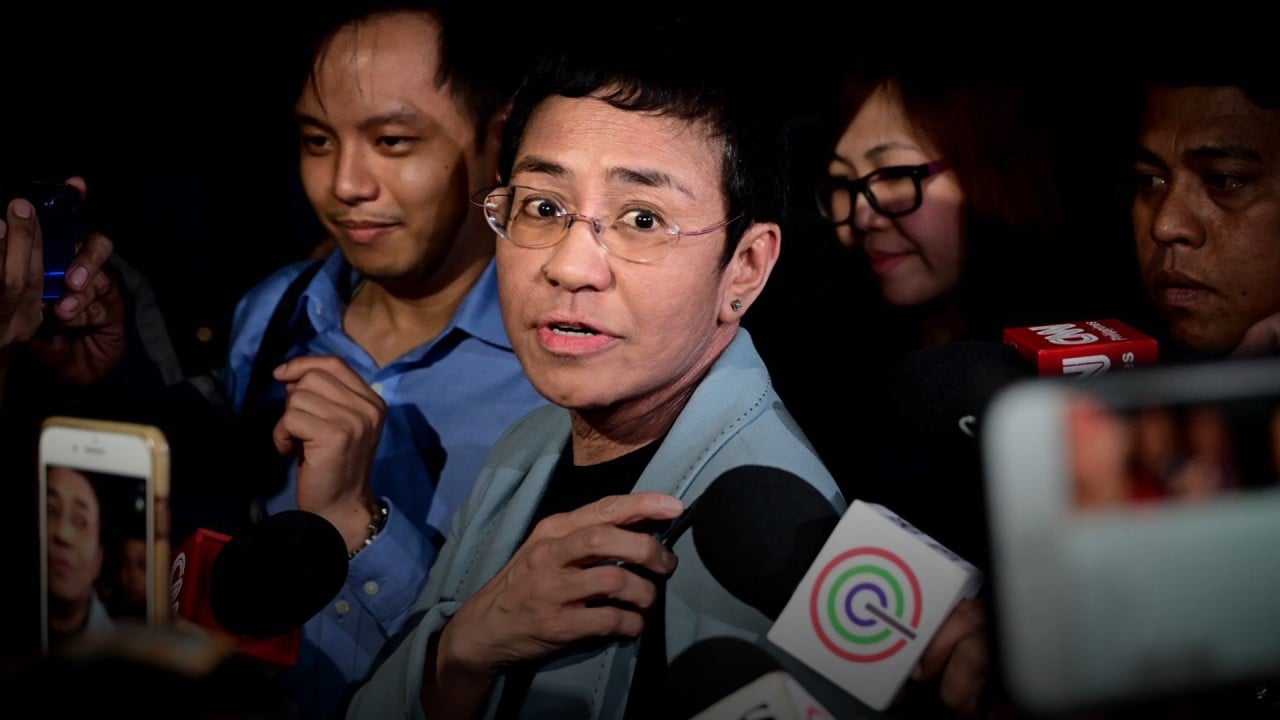
Nobel Peace Prize welcome recognition of good journalism’s indispensable role in society
- The award to two champions of a free press is a chance to pause and think about what makes good journalism and the essential skills journalists need
- Clarity, concision and scepticism are crucial at a time of widespread ‘fake news’ and growing distrust of institutions and expertise
I would have liked to see Eliot Higgins at Bellingcat recognised among them, not just for his courage and relentless creativity in pinning down the truth but for his innovative and profoundly democratic methods of crowdsourcing journalistic research. But you can’t have everything.
Ressa and Muratov stand as clear icons of courage and integrity “for their efforts to safeguard freedom of expression, which is a precondition for democracy and lasting peace”, said Berit Reiss-Andersen, chairwoman of the Norwegian Nobel Committee. “They are representatives of all journalists who stand up for this ideal in a world in which democracy and freedom of the press face increasingly adverse conditions.”
It is a good moment to pause and think about the indispensability of good journalism and the essential skills journalists need. First, some skills we don’t need – literary virtuosity can be a hindrance.
Being accurate is essential; writing prettily is often a superfluous luxury. Some of the best journalists I have known had a plodding style, benefiting from rigorous but uncelebrated subeditors who lightened their prose.
Contributors to The New Yorker or The Atlantic might be prodigiously smart and eloquent, but they do journalism and readers a disservice when their ideas are allowed to meander over 4,000, 6,000 or even 10,000 words.
Neither should journalists be experts. Some of the worst journalists I know have fallen into the trap of becoming experts. The minute you are the expert, you stop interrogating experts. Journalists need to know enough about issues to have a rigorous conversation and know the right questions to ask but remain humble enough not to provide the answers themselves.
A responsible journalist will always recognise that, no matter how plausible a person’s story, an opponent or critic will often hold different views for a good reason. It is essential to discover those reasons. A lot of TV journalism stops there, leaving the audience to discover the “truth” for themselves. That is a cop-out. The best journalists will weigh the merits, often with the help of the honest broker.
Good journalists need to be impeccable “translators”. They need to be able to navigate the jargon-infested worlds of experts and express what is going on in those worlds using words and insights that can be understood by those on the outside.
My worst confrontation with this was a group of leading economists who were at Milan’s Bocconi University to discuss international trade policy. By the start of the second presentation, I knew I was hopelessly out of my depth. Entire presentations were nothing but algebraic formulas.
Worse, everyone except me understood them. At the first break, I had to confess my algebraic illiteracy and spent the rest of the conference talking one-on-one and in plain English with each of the speakers on what they were trying to say.
The journalistic responsibility to “translate” is rarely recognised, but as Harvard professor Naomi Oreskes noted in this month’s Scientific American: “If scientists could speak plainly, it would help us understand their claims and better appreciate their work.”
Most journalists will never reach the charismatic heights of Muratov or Ressa, fighting in defence of democracy and free speech. Most journalists live comparatively humdrum careers, reporting simply and reliably on their respective beats.
But it is valuable to have proper recognition for the importance of our profession and the skills at its heart. With so many commentators colonising social media, fanning prejudice and showing scant respect for the integrity and skills needed to protect us from “fake news”, we need all the recognition we can get.
David Dodwell researches and writes about global, regional and Hong Kong challenges from a Hong Kong point of view




